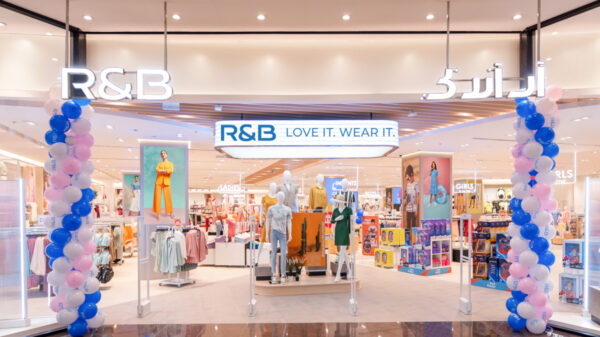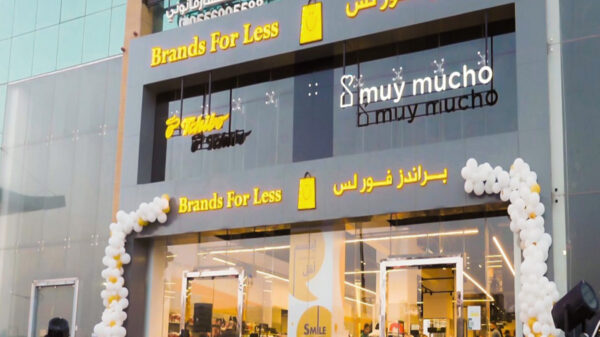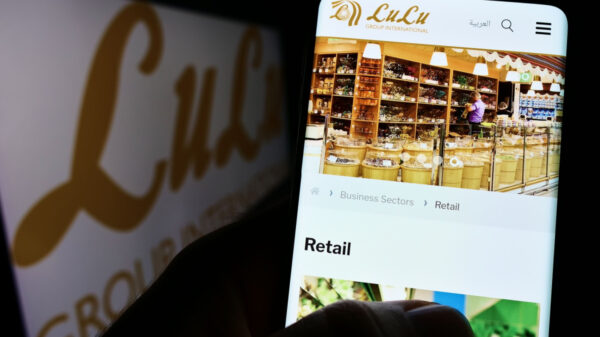BNPL platforms have quickly taken hold of the regional shopping landscape, allowing Mena retailers to buoy sales and maintain their customer base.
To tap into the thrifty consumer mindset, retailers across the region started using the attractive payment option as a marketing tool, directing consumers toward its providers.
In contrast, some retailers beg to differ. They decided to resist the ubiquitous BNPL trend, likening it to food delivery aggregators that charge high commission rates that negatively impact their revenues.
“In the region, anywhere from 25 to 32 to 40 per cent of online shoppers have already used BNPL, and that figure is growing. It has gained a lot of adoption across the online shopping population,” co-founder and CEO of UAE-based BNPL provider Tabby, Hosam Araby, told Wamda.
The growth of the BNPL platform reflects the acceleration in the e-commerce sector across the Mena region, where the overall market size is worth $37 billion, according to a report by EZDubai, which forecasts that the e-commerce market will be valued at $57 billion in 2026, growing at a compounded annual growth rate of 11 per cent over the period.
The UAE and Saudi Arabia remain the Middle Eastern leaders in the e-commerce sector, boasting the largest share of BNPL e-commerce transactions, led by two major players – Tabby and Saudi’s Tamara, which have accumulated more than $740 million and $365 million in funding, respectively.
Coupled with its rapidly expanding e-commerce market share, Saudi Arabia has evolved into a key market for BNPL companies.
“This mimics the share of e-commerce in the region, which is largely skewed towards the Saudi market. That’s how we see our share of volumes accordingly split,” added Mr Arab.
Retailers’ strategies
BNPLs are maintaining their grip across various retail branches, with merchants actively incorporating them in online and offline channels to appeal to cost-conscious customers as inflation bites.
“Prices will tick up everywhere, and companies facilitating payments and offering instalments across the board will proliferate. This has been deeply instilled in consumer behaviour. Using fintech products like BNPL and smart wallets by banks is now an integral part of the culture here in Saudi Arabia. There’s no changing that fact”, the marketing manager at Saudi producer of wild honey ReeQ, a third of whose revenues now come via BNPL, Mohamed Abuzaid, told Wamda.
To monetise their customer base, such fintech companies are introducing new products to enhance customer-merchant engagement, which involves cashback and in-app advertising.
While most BNPLs do not charge consumers a fee for their service, they tend to charge retailers a commission rate, ranging between two and nine per cent, depending on each industry, profit margins and accompanying risk factors.
Pie in the sky
Some merchants unwilling to pay commissions to BNPL providers came up with the idea to design their version of BNPL to keep customers within their ecosystem while sidestepping the involvement of a third party.
All the same, some regulatory, technical, and credit-related obstacles persist. Thus, for most middle-of-the-road retailers building their own BNPL scheme may remain an unattainable luxury.













